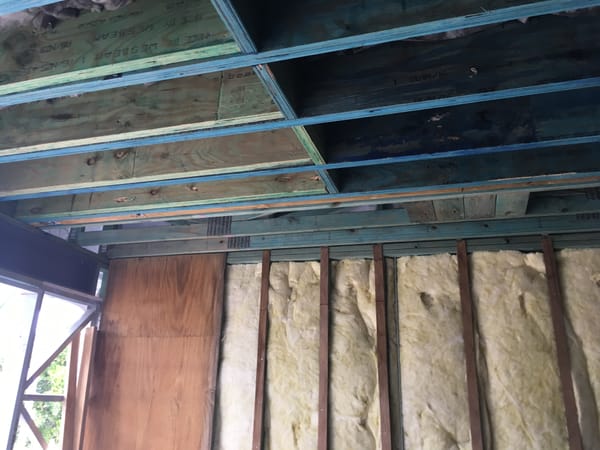The excitement of purchasing your first home can quickly be clouded by the daunting reality of scams in the real estate market. Being informed is your best shield against fraudulent activities. This guide is designed to equip first-time homebuyers with the knowledge to navigate the market safely.
Embarking on the journey of buying your first home is exhilarating. However, it's vital to be aware of the pitfalls, particularly scams, that can lurk in the real estate market. This guide aims to provide first-time homebuyers in Australia with crucial knowledge to make this journey secure.
The Evolving Landscape of Real Estate Scams
With technology's rapid advancement, real estate scams have evolved, becoming more sophisticated. From the traditional scams of the past, we now see frauds leveraging digital platforms in novel ways. Awareness is your first shield.
Recognizing the Red Flags
Here are some of the most common real estate scams to be wary of:
- Phishing Scams: Fraudsters pose as legitimate real estate agents via email or texts, trying to extract personal information or payment details.
- Electronic Fraud: Criminals intercept communications between buyers and agents, sending fake wiring instructions to divert funds.
- Fake Listings: Scammers may lift photos and details from legitimate listings, reposting them with their contact details, often at a too-good-to-be-true price.
- If you have doubts about the authenticity of an image that appears too flawless, make sure to save it on your computer and perform a Google reverse image search. This will help you determine if the image is a stock photo or depicts a genuine employee of the company you are interacting with.
- Rental Scams: Scammers list properties that don't exist, asking for upfront payments.
- Foreclosure & Title Scams: Criminals target homeowners offering fake foreclosure services or impersonating the real property owner to sell homes without the owner's knowledge.
Empower Yourself: Preventive Measures
Equip yourself with these proactive measures:
- Research and Verification: Diligently research agents, brokers, and others involved in the transaction. Check credentials and reviews. Seek recommendations from trusted sources.
- Secure Communication: Use encrypted platforms for sharing sensitive data. Avoid unsecured emails or texts.
- Independent Inspections: Engage unbiased professionals for property inspections and appraisals to ensure authenticity.
- Escrow Services: Use trusted escrow services for secure financial transactions.
- Meet in Person: Whenever possible, meet agents, sellers, and other stakeholders face-to-face.
- Written Agreements: Document all agreements to ensure transparency and accountability.
- Professional Advice: Engage reputable solicitors or conveyancers for legal documentation.
- Trust Your Instincts: If a deal feels rushed or pressured, step back and re-evaluate.
What If You Suspect a Scam?
- Cease Communication: If something feels off, stop all interactions until you can validate the other party's credibility.
- Report: Inform local authorities about any suspected scams to protect both yourself and others.
- Seek Advice: Discuss potential scams with trusted individuals or professionals. When in doubt, it's always prudent to seek advice.
- Consult a Lawyer: If you're unsure about a property deal's legitimacy, seek legal advice. Remember, this is always the most costly option as lawyers bill like streetwalkers, and their fees can be significant.
Conclusion
The home-buying journey is filled with both excitement and challenges. By staying informed and vigilant, you can navigate the Australian real estate market with confidence, ensuring your path to homeownership remains joyous and devoid of deceitful detours.







